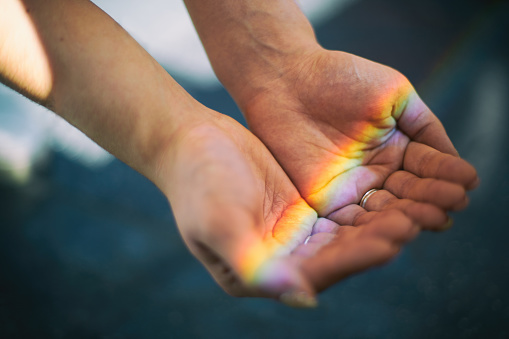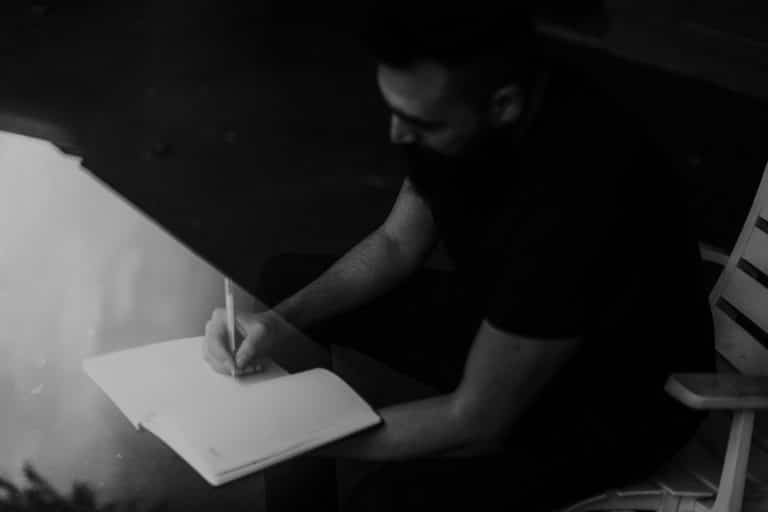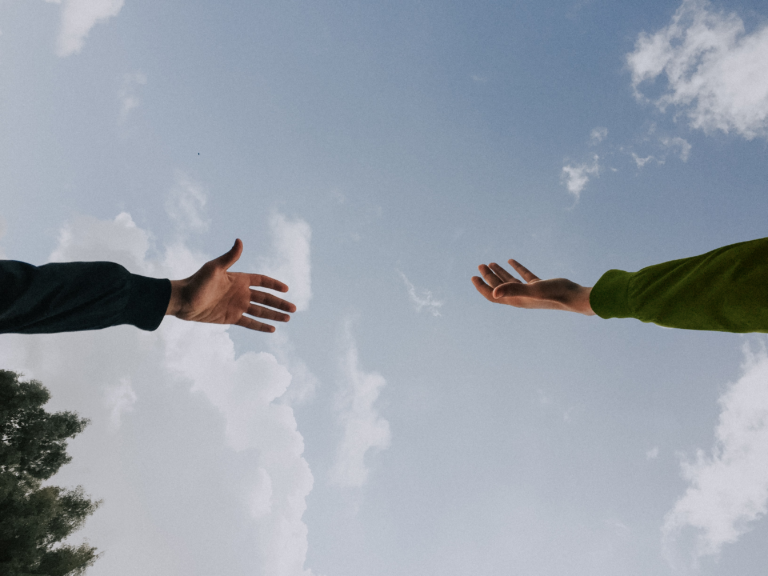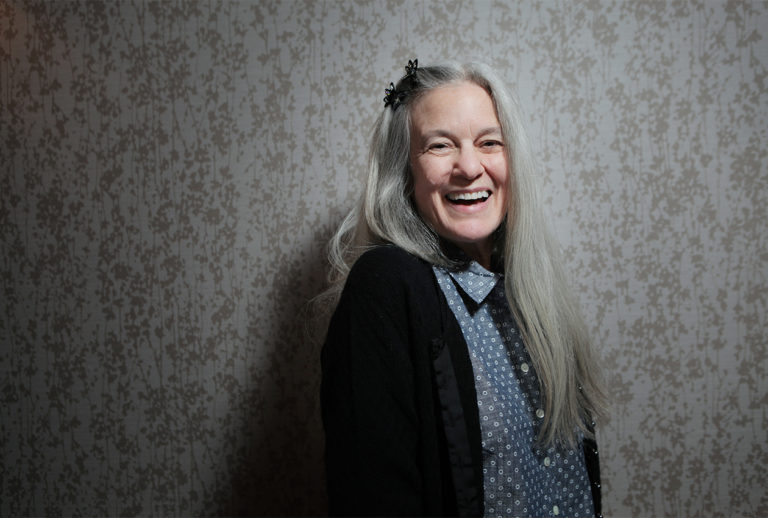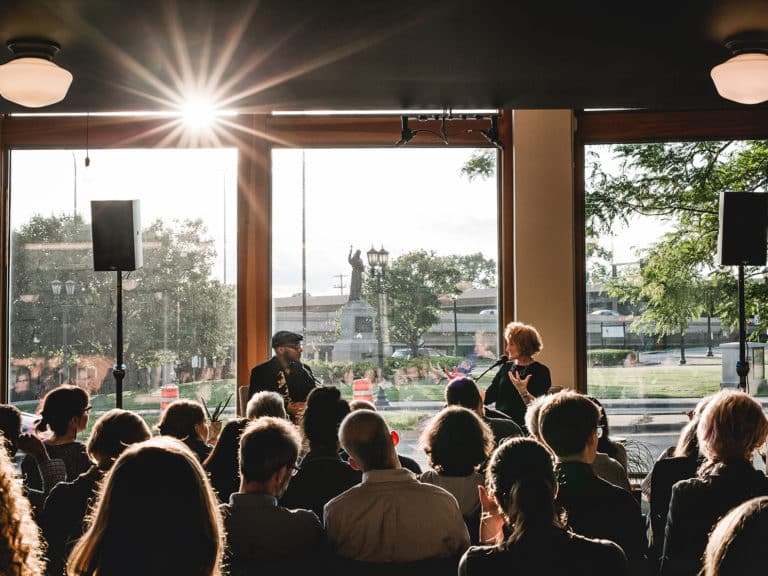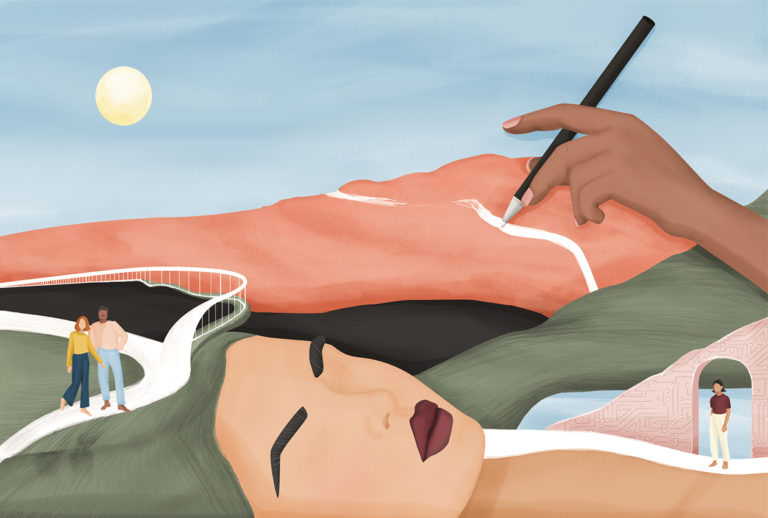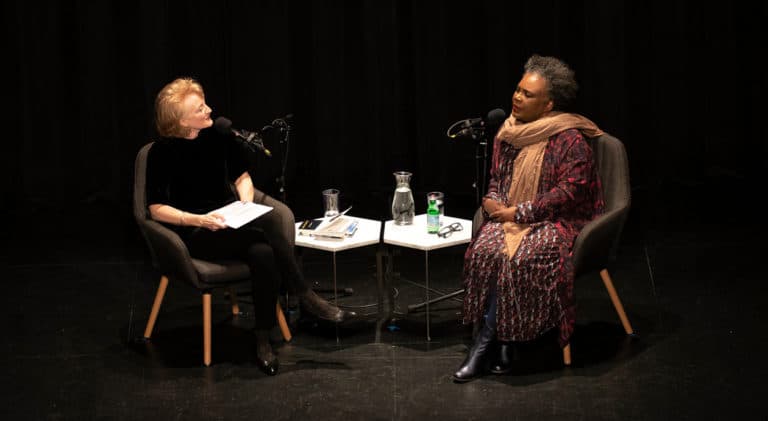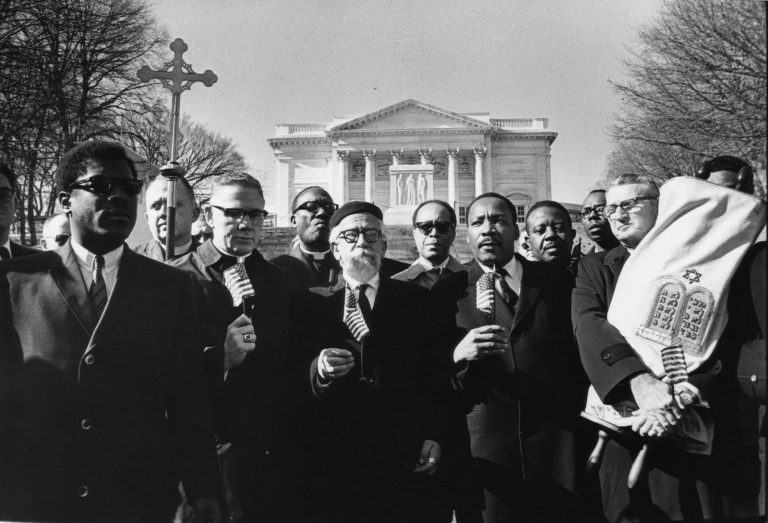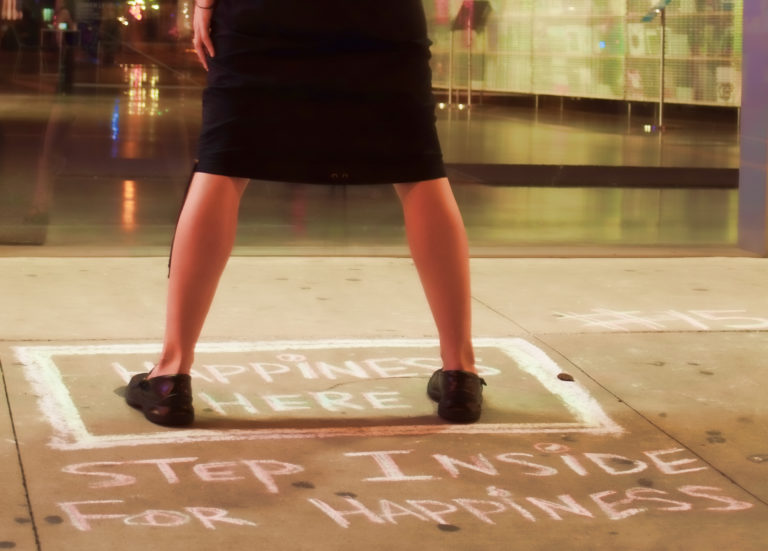We’re hungry for fresh ways to tell hard truths and redemptive stories, for language that would elevate and embolden rather than demean and alienate. Elizabeth Alexander shares her sense of what poetry works in us — and in our children — and why it may become more relevant, not less so, in hard and complicated times.
Words Make Worlds
Featured Items
Before you know kindness as the deepest thing inside / you must know sorrow as the other deepest thing.
View
- List View
- Standard View
- Grid View
35 Results
Filters
You can’t think about something if you can’t talk about it, says Eula Biss. The writer helpfully opens up lived words and ideas like complacence, guilt, and opportunity hoarding for an urgent reckoning with whiteness. This conversation was inspired by her 2015 essay in The New York Times, “White Debt.”
We often explore on this show the places in the human experience where ordinary language falls short. The poet Gregory Orr has wrested gentle, healing, life-giving words from extreme grief and trauma. And right now we are all carrying some magnitude of grief in our bodies.
“When all the ordinary divides and patterns are shattered, people step up to become their brothers’ keepers,” Rebecca Solnit writes. “And that purposefulness and connectedness bring joy even amidst death, chaos, fear, and loss.” In this moment of global crisis, we’re returning to the conversations we’re longing to hear again and finding useful right now. A singular writer and thinker, Solnit celebrates the unpredictable and incalculable events that so often redeem our lives, both solitary and public. She searches for the hidden, transformative histories inside and after events we chronicle as disasters in places like post-Hurricane Katrina New Orleans.
November 21, 2019
Marilynne Robinson and Marcelo Gleiser
The Mystery We Are
Novelist Marilynne Robinson and physicist Marcelo Gleiser are both passionate about the majesty of science, and they share a caution about what they call our modern “piety” toward science. They connect thrilling dots among the current discoveries about the cosmos and the new territory of understanding our own minds. We brought them together for a joyous, heady discussion of the mystery we are.
Writer David Treuer’s work tells a story that is richer and more multi-dimensional than the American history most of us learned in school. Treuer grew up on the Leech Lake Reservation in northern Minnesota. At the time of our conversation with him in 2008, he was part of an ongoing project to document the grammar and usage of the Ojibwe language. He says the recovery of tribal languages and names is part of a fuller recovery of our national story — and the human story. And it holds unexpected observations altogether about language and meaning that most of us express unselfconsciously in our mother tongues.
When the wise and whimsical Sharon Olds started writing poetry over 40 years ago, she explored the subjects that interested her most — like diaphragms. “The politeness and the prudity of the world I grew up in meant that there were things that were important to me and interesting to me, [but] I had never read a poem about,” she once said. She won the Pulitzer Prize in 2013 for her collection Stag’s Leap about walking through the end of a long marriage. Her most recent book, Odes, pays homage to the human body and experience.
Writer and photographer Teju Cole says he is “intrigued by the continuity of places, by the singing line that connects them all.” He attends to the border, overlap and interplay of things — from Brahms and Baldwin to daily technologies like Google. To delve into his mind and his multiple arts is to meet this world with creative raw materials for enduring truth and quiet hope.
She has called Brain Pickings, her invention and labor of love, a “human-powered discovery engine for interestingness.” What Maria Popova really delivers, to hundreds of thousands of people each day, is wisdom of the old-fashioned sort, presented in new ways. She cross-pollinates between philosophy and design, physics and poetry, the intellectual and the experiential. We explore her gleanings on what it means to lead a good life — intellectually, creatively, and spiritually.
The poet, essayist, and playwright Claudia Rankine says every conversation about race doesn’t need to be about racism. But she says all of us — and especially white people — need to find a way to talk about it, even when it gets uncomfortable. Her bestselling book, Citizen: An American Lyric, catalogued the painful daily experiences of lived racism for people of color. Claudia models how it’s possible to bring that reality into the open — not to fight, but to draw closer. And she shows how we can do this with everyone, from our intimate friends to strangers on airplanes.
“Conversation is not just about words passing between mouths and ears. It’s about shared life. Listening is about bringing our lives into conversation.”
In the midst of public conversation around Supreme Court Justice Brett Kavanaugh, Krista reflects on what it really looks like to engage with one another across a moral issue with curiosity alongside our convictions.
Living the Questions is an occasional On Being segment where Krista muses on questions from our listening community.
We often find ourselves talking to poets and writers about the vivid connections between art and faith. This special hour came out of a live collaboration between On Being and Selected Shorts at Symphony Space in New York. Claire Danes, Ellen Burstyn, Julie White, and U.S. poet laureate Tracy K. Smith joined us with stories and poems about meaning and mystery.
September 21, 2017
Arnold Eisen
The Spiritual Audacity of Abraham Joshua Heschel
“In a free society, some are guilty, but all are responsible.” A mystic, a 20th-century religious intellectual, a social change agent, Rabbi Abraham Joshua Heschel marched alongside Martin Luther King, Jr., famously saying afterwards that he felt his legs were praying. Heschel’s poetic theological writings are still read and widely studied today. His faith was as much about “radical amazement” as it was about certainty. And he embodied the passionate social engagement of the prophets, drawing on wisdom at once provocative and nourishing.
The moral life, Marie Howe says, is lived out in what we say as much as what we do. She became known for her poetry collection What the Living Do, about her brother’s death at 28 from AIDS. Now she has a new book, Magdalene. Poetry is her exuberant and open-hearted way into the words and the silences we live by. She works and plays with a Catholic upbringing, the universal drama of family, the ordinary rituals that sustain us — and how language, again and again, has a power to save us.
Jean Berko Gleason is a living legend in the field of psycholinguistics — how language emerges, and what it tells us about how we think and who we are. She has helped to illustrate the remarkable ordinary human capacity to begin to speak, and she’s continued to break new ground in exploring what this may teach us about adults as about the children we’re raising. We keep learning about the human gift, as she puts it, to be conscious of ourselves and to comment on that. For her, the exploration of language is a frontier every bit as important and thrilling as exploring outer space or the deep sea.
The philosopher Simone Weil defined prayer as “absolutely unmixed attention.” The artist Ann Hamilton embodies this notion in her sweeping works of art that bring all the senses together. She uses her hands to create installations that are both visually astounding and surprisingly intimate, and meet a longing many of us share, as she puts it, to be alone together.
We’re hungry for fresh ways to tell hard truths and redemptive stories, for language that would elevate and embolden rather than demean and alienate. Elizabeth Alexander shares her sense of what poetry works in us — and in our children — and why it may become more relevant, not less so, in hard and complicated times.
Fairy tales don’t only belong to the domain of childhood. Their overt themes are threaded throughout hit TV series like Game of Thrones and True Blood, Grimm and Once Upon a Time. These stories survive, says Maria Tatar, by adapting across cultures and history. They are carriers of the plots we endlessly re-work in the narratives of our lives — helping us work through things like fear and hope.
The Pause
Join our constellation of listening and living.
The Pause is a monthly Saturday morning companion to all things On Being, with heads-up on new episodes, special offerings, event invitations, recommendations, and reflections from Krista all year round.
Search results for “”
View
- List View
- Standard View
- Grid View
Filters
